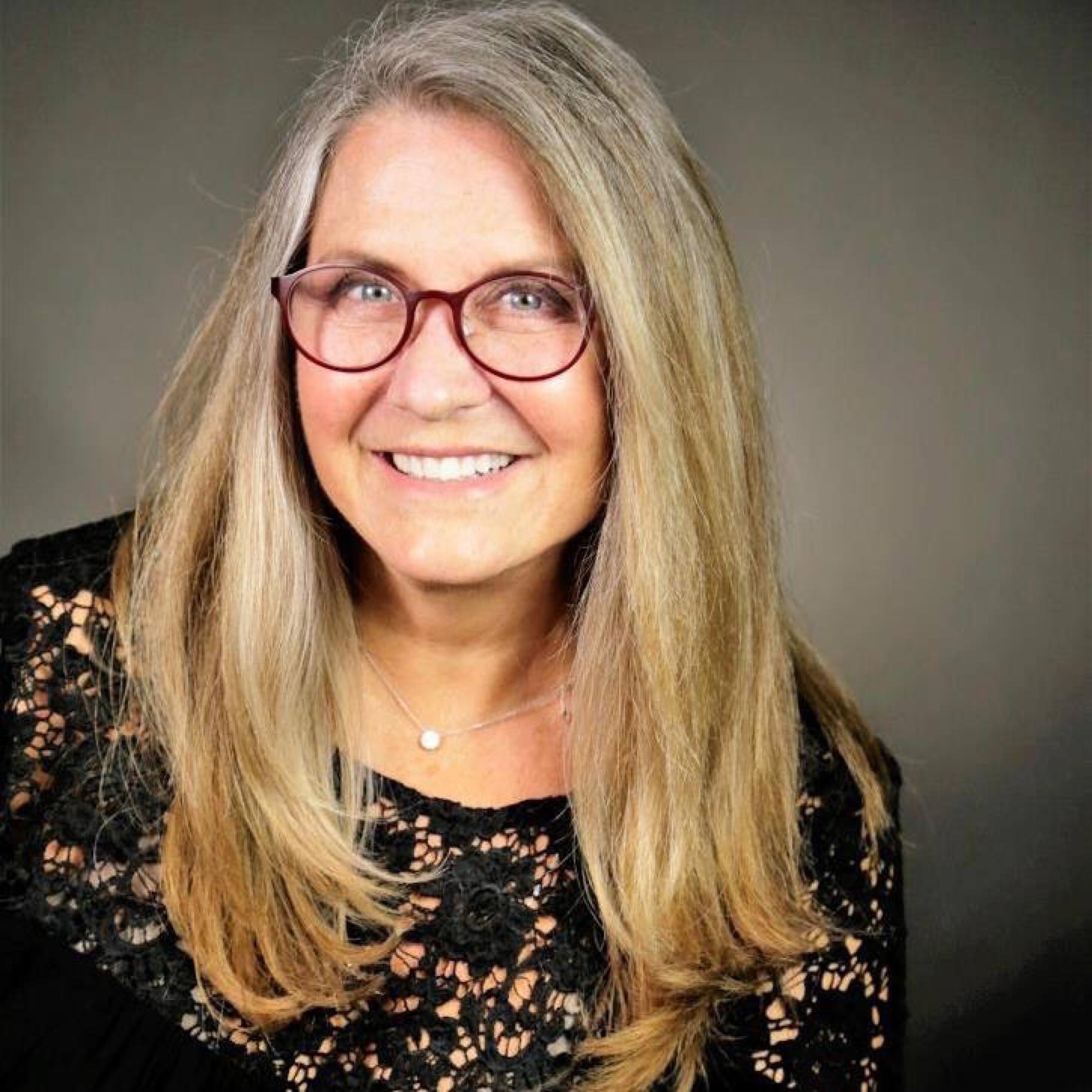
I have always loved traveling, and often felt woefully
inadequate as I stumbled for words or tried to communicate in a different language. It can be a humbling experience to resort to pantomime and gestures as I have done in the past. Picture a grown adult flailing around making wild gestures with no sound, you get my point. So when I got serious about learning and actually starting to communicate in a different language, I had high hopes for a new bilingual me. I knew I would be not only more comfortable in my travels; I would actually be helping my brain and potentially staving off diseases such as Dementia and Alzheimer’s disease.
I work with people at risk for dementia and asking if you are bilingual is one of the questions on the risk assessment. Why? Because science supports that using our brains to learn, speak and even think in a different language helps create new neural pathways (think streets) in the city that is your brain. When you go between two languages your brain is hard at work processing loads of information and requests. This is what your brain has to do; it first must select the appropriate language, and inhibit the other one from coming forward. It must monitor the words spoken and translate them and then say the words in the other language.
These functions, monitoring, selecting and inhibiting are key cognitive processes often referred to as our executive functions (Tao, et al, 2011). The scientists explain that the more we use these executive functions they act as exercise for our brain and we build brain muscle. Being bilingual also enhances our executive functions above and beyond the benefit of monitoring and selecting words for the correct language. They actually help in other functions such as decreasing interference or brain chatter. The study authored by Tao and colleagues (2011) demonstrated that a strong brain muscle could help us with other activities such as conflict
resolution (Tao et al, 2011).
Ok, so what you may ask. Well here is the deal, when we do anything that helps our brain build “muscle” it creates cognitive reserve. This is like our brain’s bank. Building reserve is like making a deposit in
your brain bank and that helps us because when withdrawals come such as a disease or even a traumatic injury they make a withdraw. Our reserve is there to fill in, so we need cognitive reserve and learning a new language is a great way to gain it.
In today’s digital world this is so much easier that you think there are numerous apps that can get one started on learning a new language. However, I am a firm
believer that traveling, immersing into a culture and their language (not to mention the food) is the best way to grow your brain muscle. Along the way you will gain rich experiences and memories that will last you a lifetime.
So when you are thinking about your summer vacation and where to go, challenge yourself to go somewhere really different, learn the language and set off for the experience of a lifetime, your brain and your heart will thank you.
Bon Voyage!
Bialystok et al., 2004E. Bialystok, F.I. Craik, R. Klein, M. Viswanathan Bilingualism, aging, and cognitive control: evidence from the Simon taskPsychology and aging, 19 (2) (2004), p. 290
Tao L, Marzecová A, Taft M, et al. The efficiency of attentional networks in early and late bilinguals: the role of age of acquisition. Front Psychol 2011;2:123
Photo by Kevin Oetiker on Unsplash


